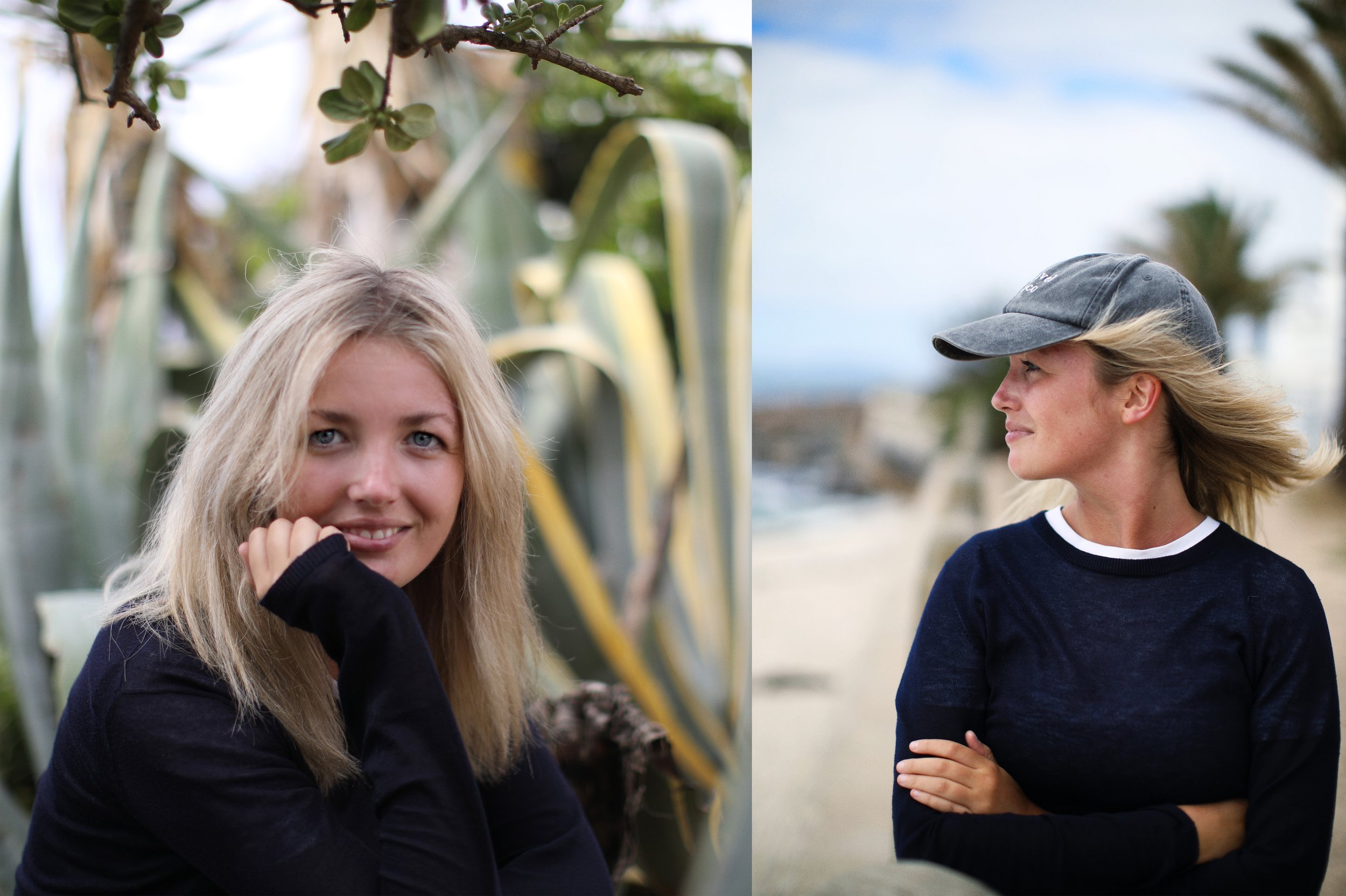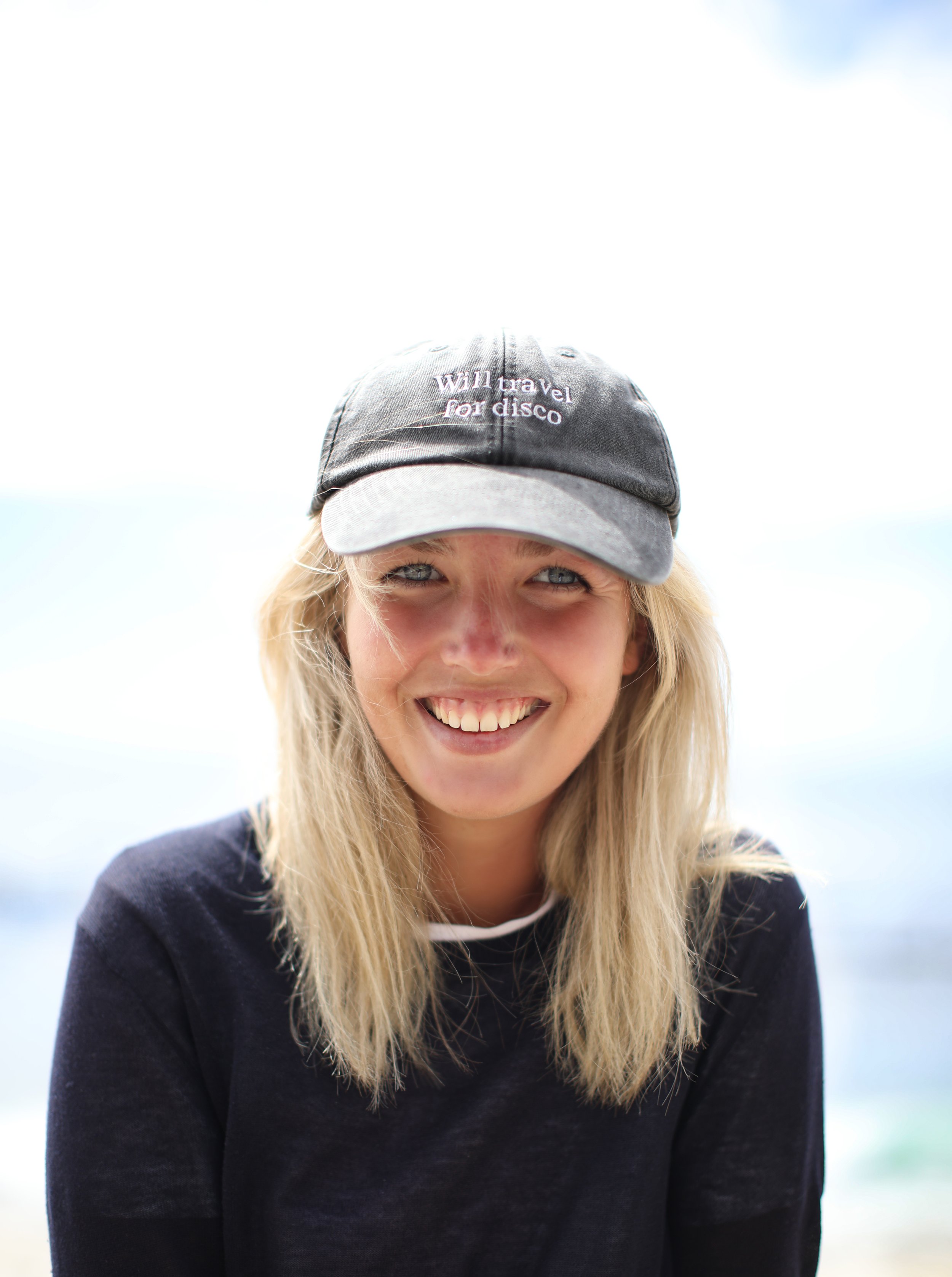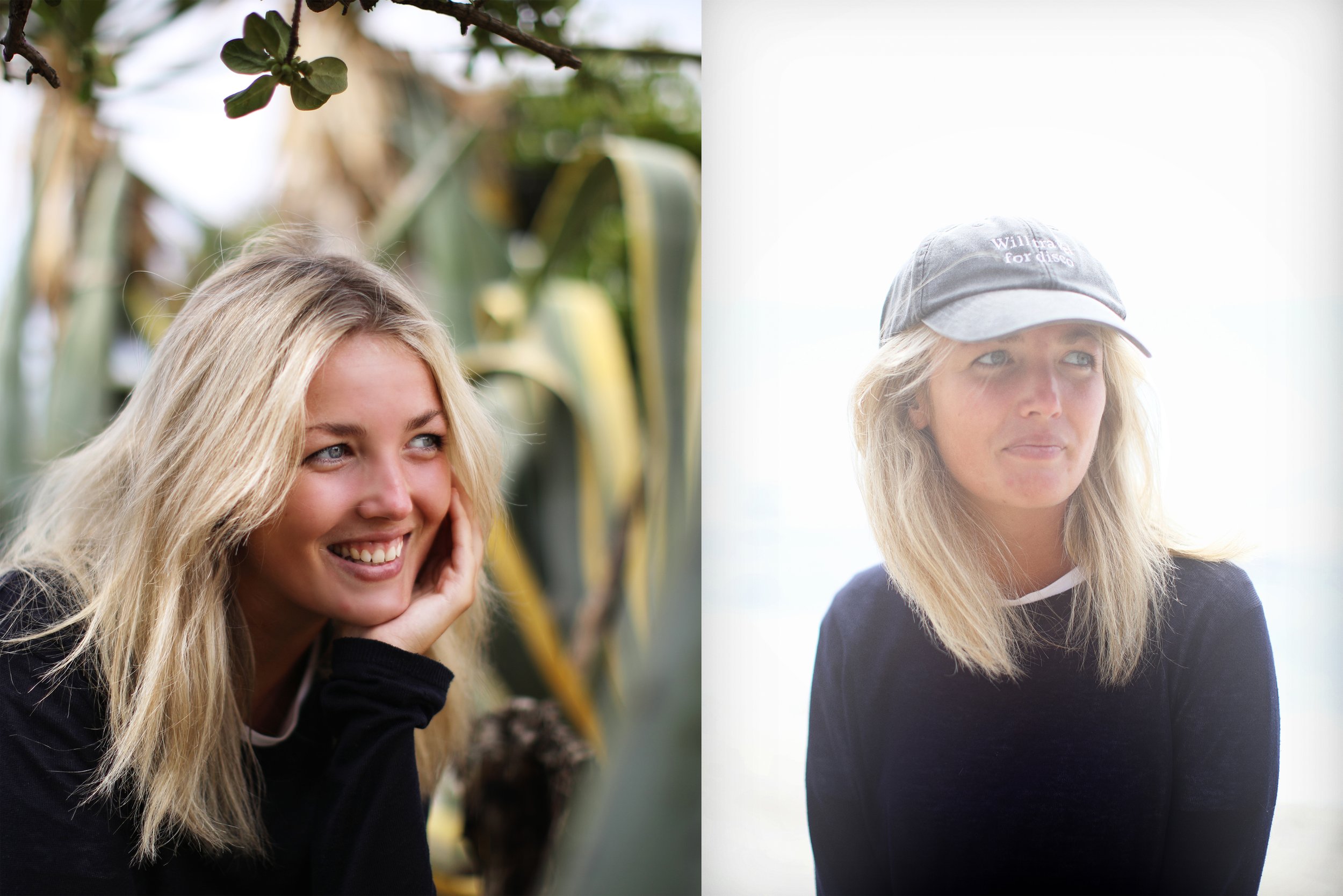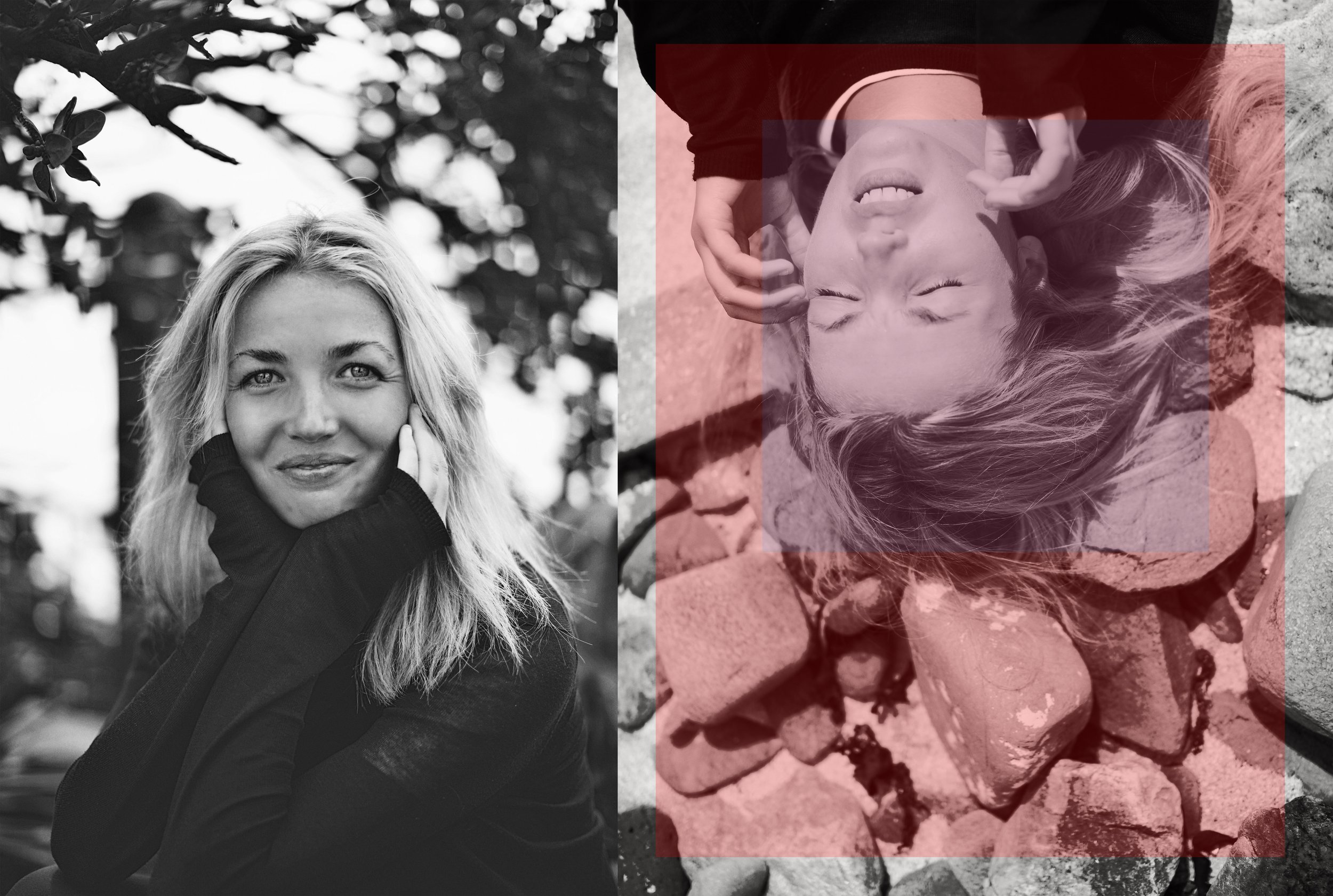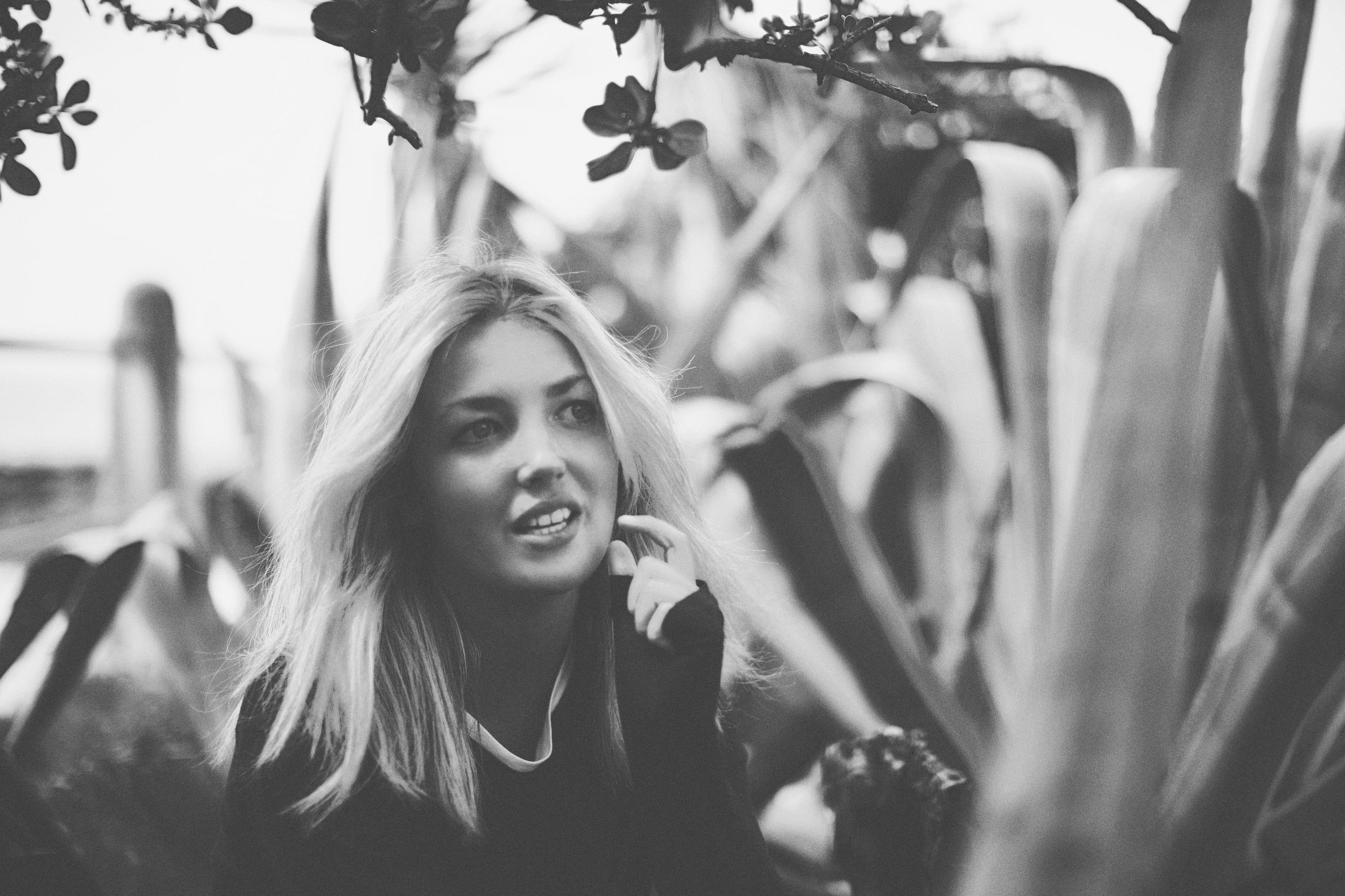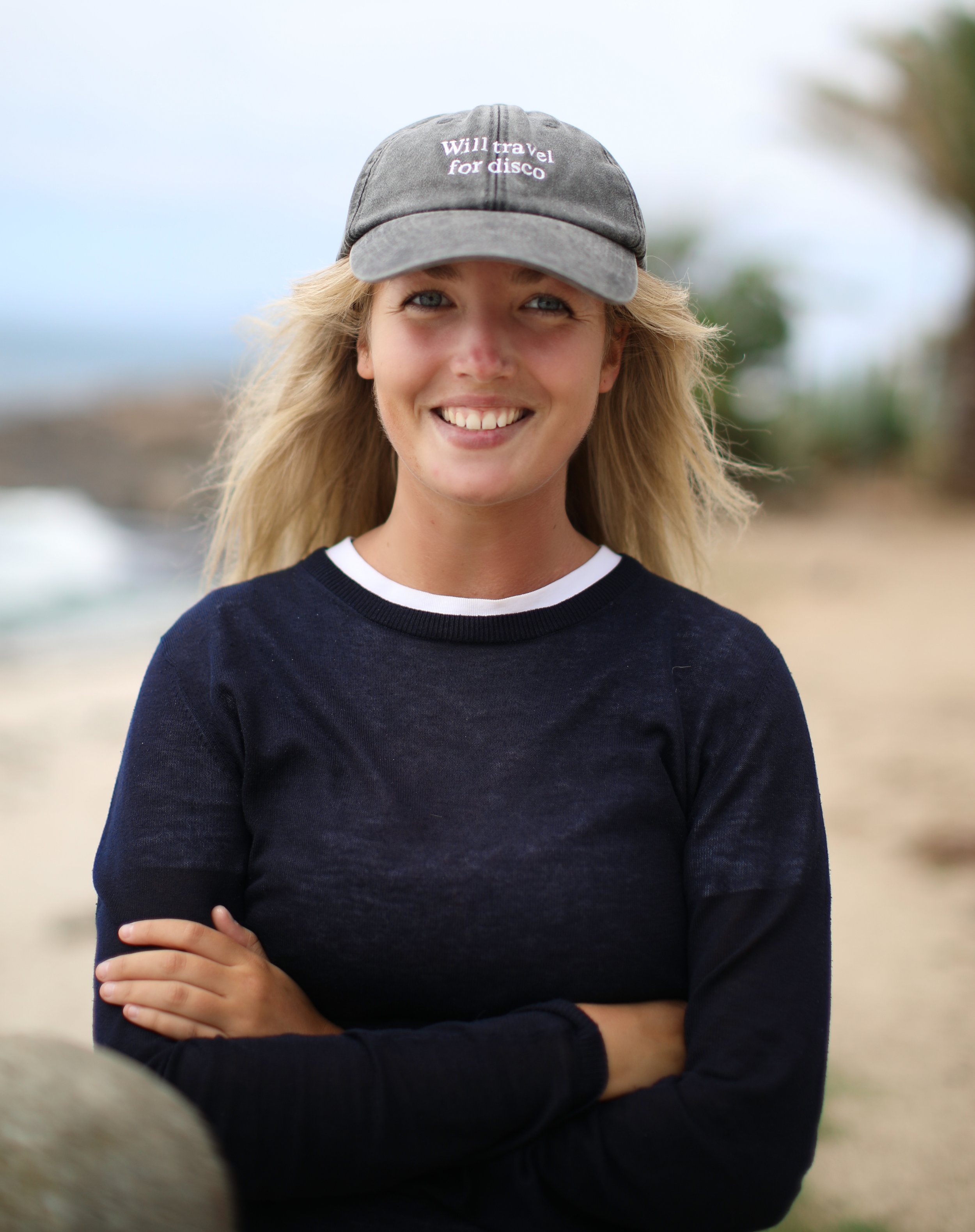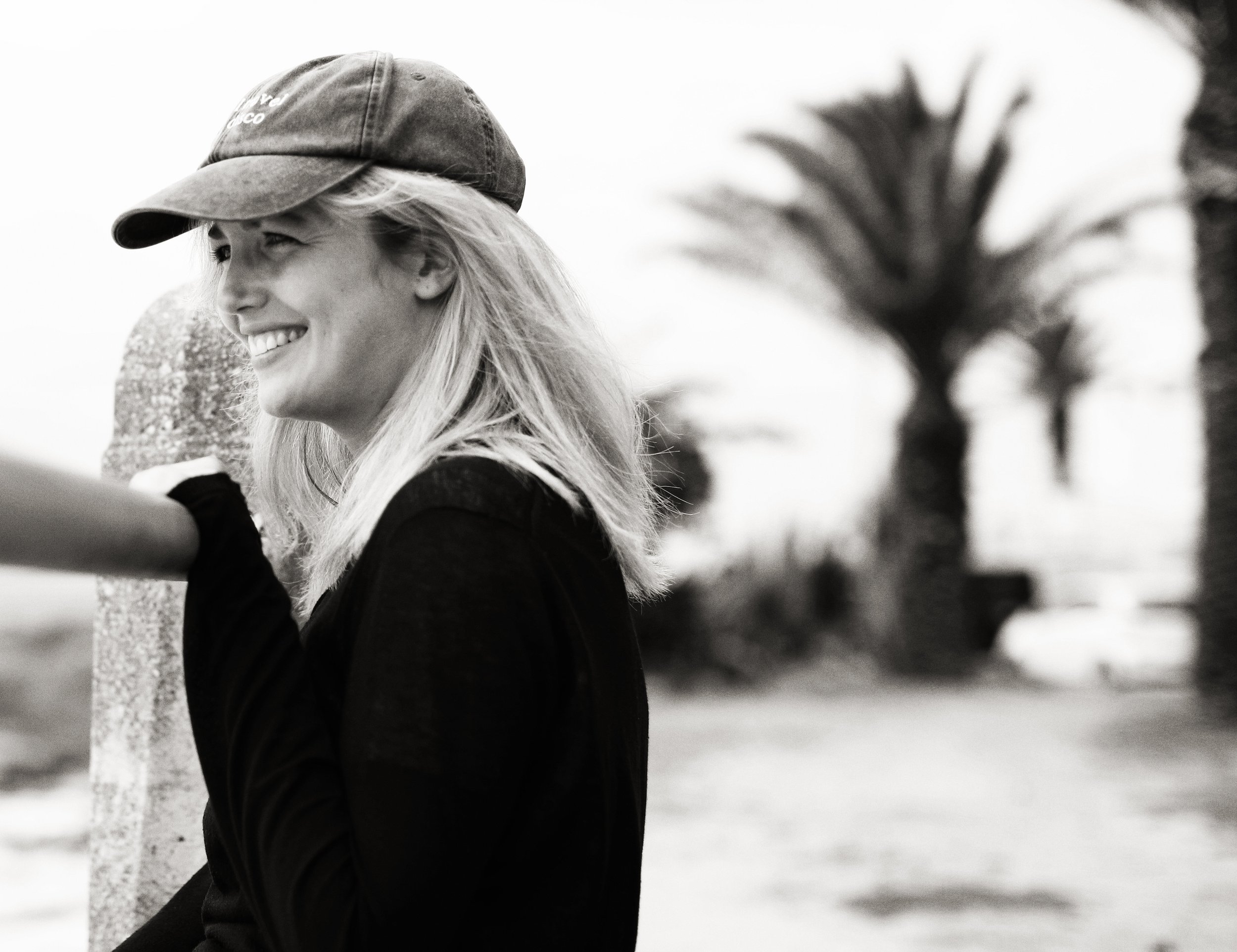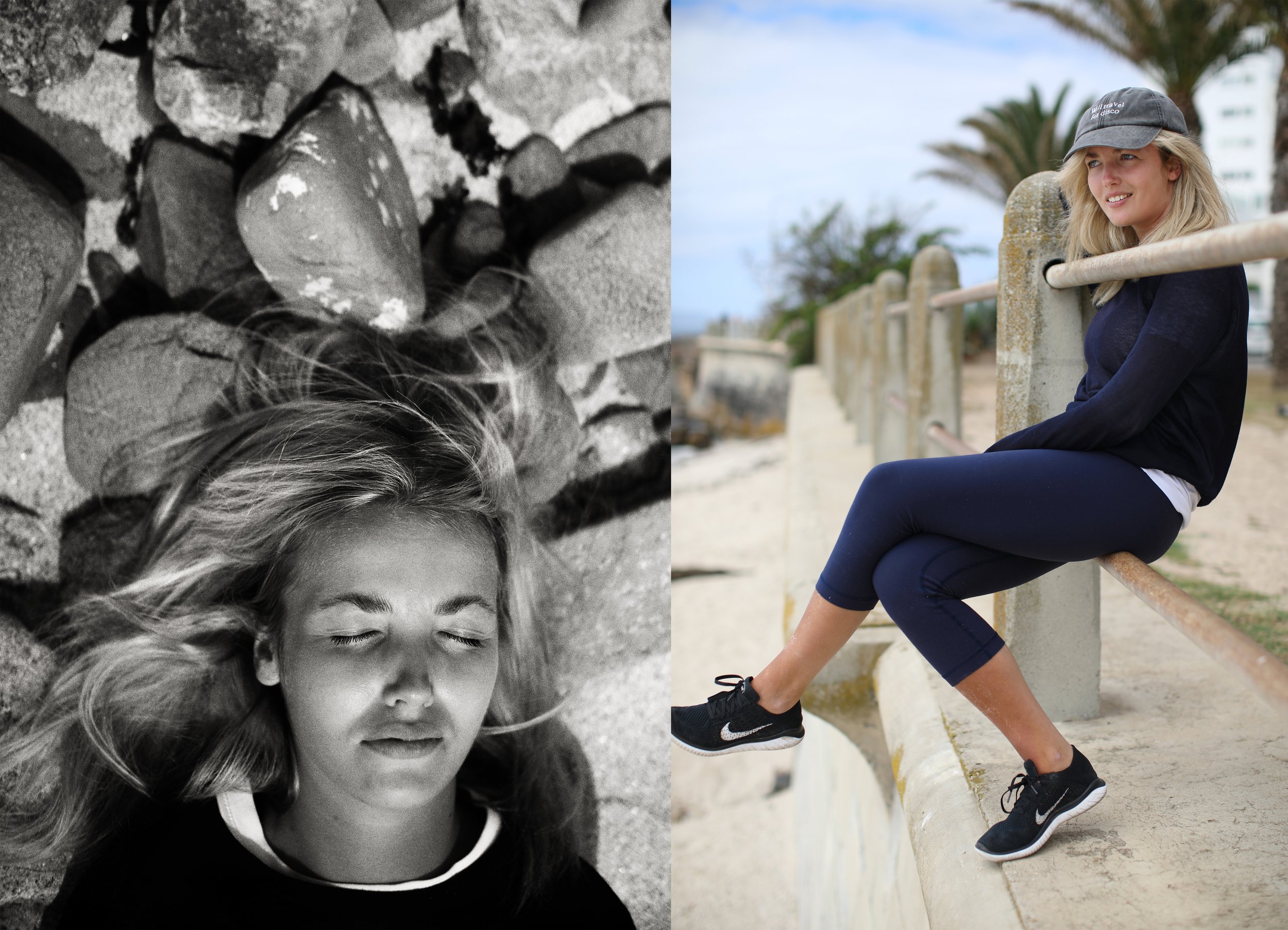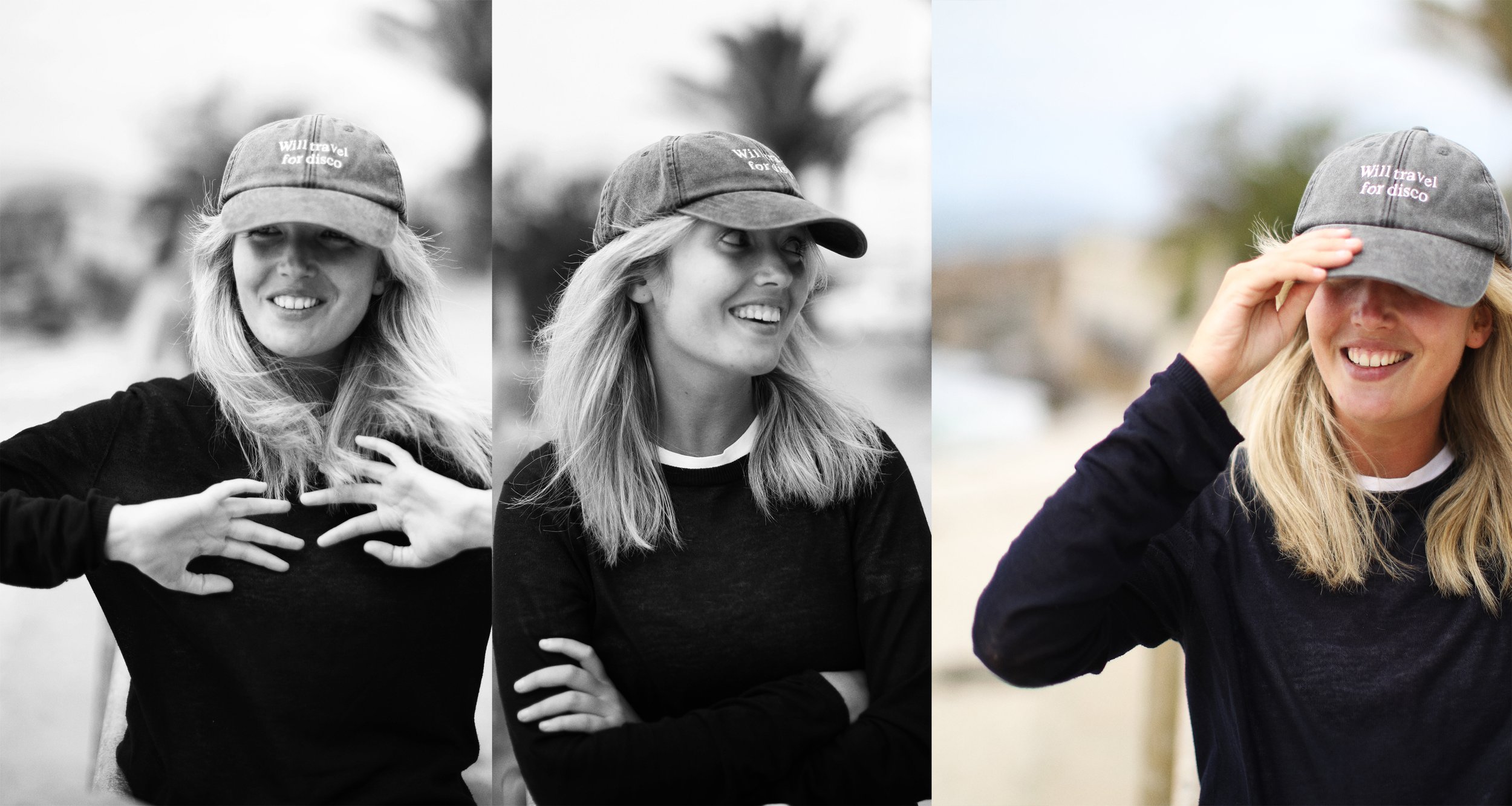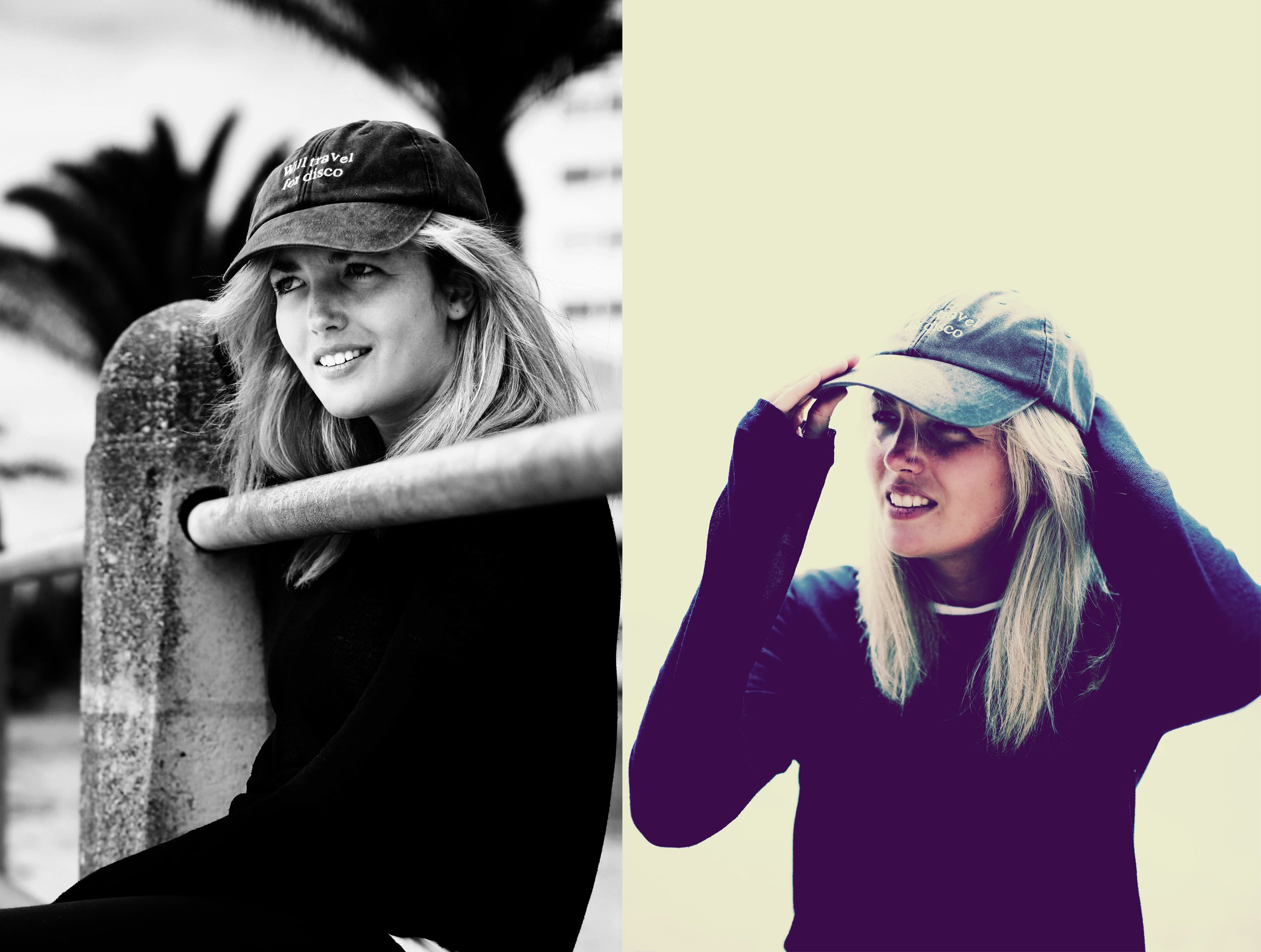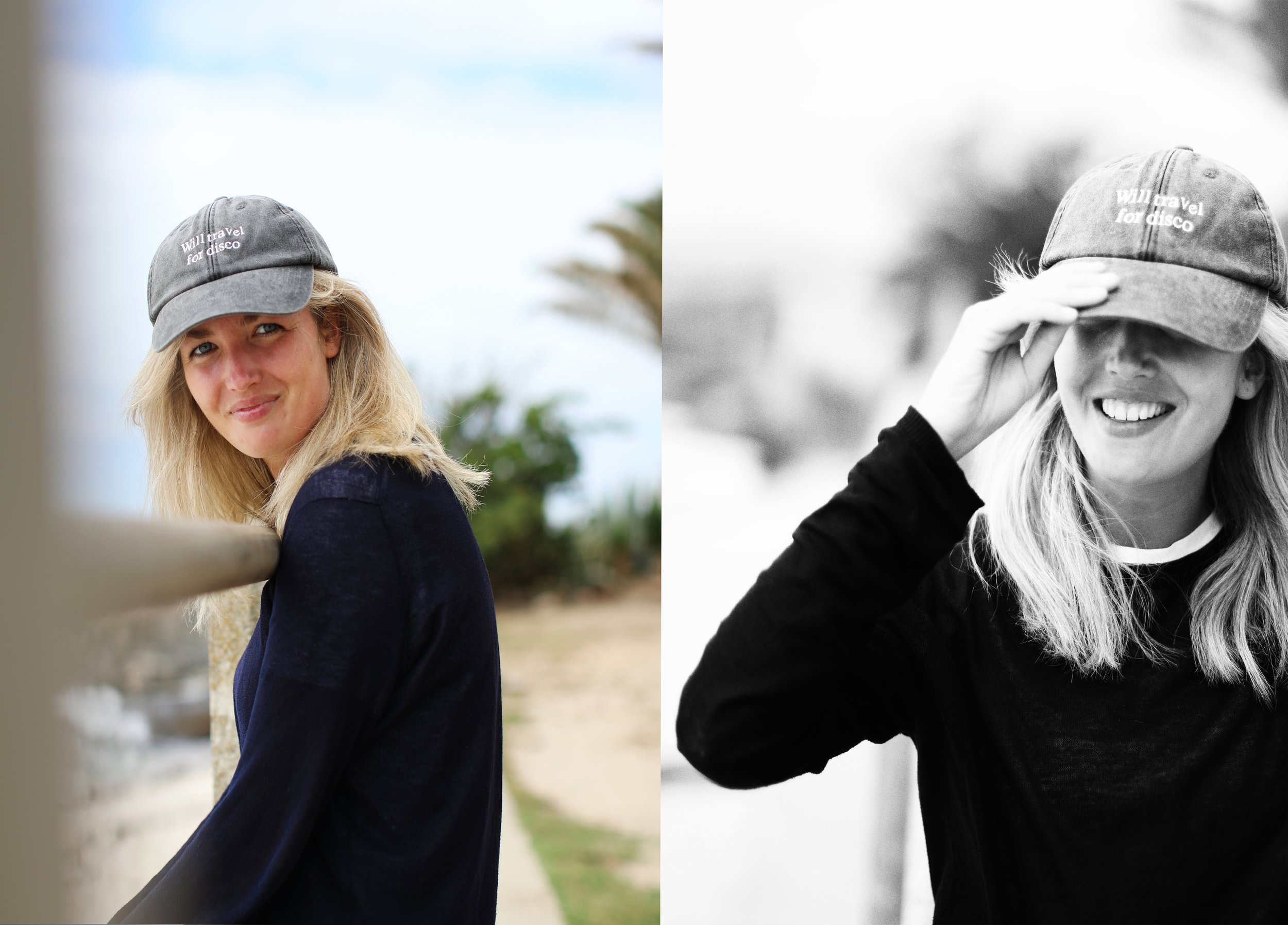Political Science Grad, Inquisitive Mind, Cape Town, South Africa
This gorgeous soul of a woman has given me plenty to smile and laugh about. Her sense of humour and unflappable way of going on about her life, conquering one goal at a time is forever inspiring. Before she entered her twenties, Ms. Maja Shapiro lived in, volunteered and learned from the best in Africa, started on a thesis and set very clear goals for herself. Just from the time of this writing I’ve already seen her overcome the fear she outlines below. I cannot wait to see how she ends this decade and where the life takes her.
1. Name.
Maja Shapiro.
2. Where is your hometown?
I have been lucky to have grown up between Stockholm and London, but I think Stockholm, Sweden will always be my home.
3. What is your profession/career/title/self-label/designation? What does your average day look like?
I graduated two days ago so I guess I cannot label myself as an undergraduate Political Science student anymore. But I am the Programme Coordinator at the NGO Pamoja, and I work with the Talent Management at Nova. In the future, if I dare to dream, I will however hopefully be able to call myself a Human Right’s Law Fellowship student.
4. What did you study in school?
Political Science, with a major in International Development Studies.
5. What was the journey like to get where you are (in life and career-wise)? Write about some of the achievements that you are most proud of. What was the moment for you that changed your life (in your personal life and/or career?) that set you on the current path in life?
My interest in international politics can be traced back many years, but moving to Cape Town, South Africa after high school definitely set me on my current path. Before that, I had worked within PR and communication both in Stockholm and London in parallel to my studies which was incredible, but I realised I wanted to be able to be part of making a difference and leave this world better than I found it in some way. I got an opportunity to work for the organization Project Playground in Langa, outside Cape Town, South Africa. This was the moment I got really swept into the space of community development. To me, it was really eye-opening to see those few people that are fighting for all of us though working to make sure children have a foundation to grow from that is healthy and safe, as this has a transformative and far-reaching impact on society.
My time in South Africa pushed me over the edge to study Political Science (I always thought I was going to study journalism), and throughout my studies I became really interested in questions of equality and how learning environments are spaces with greatly overlooked potential to alter patterns of unequal development. I did an Internship at the UN and I remember overhearing a discussion about how the GDP in any given country would be increased by 0,3% if only 1% more girls complete secondary education. I remember that girls not being able to manage their menstrual health whilst in school was discussed as a significantly contributing factor to this gap where girls prematurely drop out of education. This discussion was mind-blowing to me, and I became curious to understand the implications of menstrual health, and how it matters for the economical, political and social development on the global level. I also wanted to study a human right to education, health and equality on the individual level.
I received funding by the Swedish Ministry of Foreign Affairs and the Swedish International Development Coordination Agency to conduct my Thesis on menstrual health. Seeing the accelerated drop-out rates in the midst of the pandemic disproportionately affecting adolescent girls, I wanted to study how the educational space is and/or is not responsive to the distinctive needs of female learners.
I also found consensus in research, policy and programming related to Menstrual Health Management, that boys (and men) tend to be overlooked as part of the picture. So I wanted to study the interplay between boys, girls’ menstrual health (il)literacy, and the realization of the human right to education.
Although the initial plan was to conduct the study in Ghana (which was cancelled due to pandemic), I decided to go back to Cape Town and do the research project together with Project Playground, which was an incredible experience. I think if you look at menstrual health it seems like such a niche and a narrow topic, and it seems unjust to focus on a distinctive biological process. But it has implications throughout a lifespan of any girl or a boy, woman or man. I think there are still two critical gaps in this field: leadership and funding, which I hopefully can be part of filling over the coming years.
6. Is there a time when life knocked you down or out and how did you get back up on your feet? How is your life different from what you pictured at 20?
I have noticed that the pandemic and the past two years’ lack of structure during COVID has left me retaining very little information. I am a Type A, so I (thought I) had everything planned out for myself when I was 20. I was supposed to move to France for school, to New York for an Internship at the UN, to Ghana to write my thesis and back to New York for my Master’s Degree. But then the world shut down and all of my plans got cancelled.
So I made the decision to go to back to Cape Town, because I had the “if you had nothing to lose what would you do” gut feeling. And although it was not what I had pictured two years ago for myself, it became a big check of validation that when you choose what is best for your soul, things fall into place.
I got to do the research I have always dreamt of doing, and met some of the strongest, solid, gritty group of friends, who reminded me of some parts of me that do not always fit in elsewhere. So even though life turned out nothing like I planned it, looking back I understand why it is so important to not let the inconvenient logistics of this time and pandemic get in the way of my long term ambitions.
Every cancelled flight, airport zoom meeting and a lockdown phone call has been a worthy use of my time. Life has been so much more expansive, not isolated due in large part to me following my gut rather than the plan I architectured for myself at 20.
7. Where in the world do you feel “tallest” (i.e. where is your happy place)?
Surrounded by the people I love.
8. What extracurricular activities/hobbies are you most prod of? Why?
I am the Program Coordinator at the Pamoja organization. It was founded by two of my friends in Stockholm 2021, and I was asked to join. Our ambition is to create an innovative discussion platform to be used by NGOs throughout the world for guidance in their work towards gender equality. Today there are >100 girls involved in the organisation from all over the world, and we are in the process of producing our first project, the Pamoja Workbook.
The Workbook is a foundation for creating meaningful discussions, and an opportunity for girls to discover their own rights and wrongs, and to advance their knowledge about female potential, mind and the body. The more I learned about the human right to education, gender equality and equitable development, it became apparent to me that a room to feel safe to experiment with one’s creativity, with one’s mind, body and thoughts is not only educational, but can be the key to survival and a sense of self.
I am really proud of this project and thankful that I get to be part of it.
9. What do you want to be when you grow up? Future goals/challenges?
I want to work within the human rights, equality and community development space when I “grow up”. I hope that when it is all said and done, the most gratifying success will be watching girls and boys grow up with an equal opportunity to choose what they want to do, what they want to be, what they want to become, and knowing I had a little sweat equity in the process of creating those moments.
10. What fears are you still hoping to overcome?
The fear of public speaking.
11. Anything you'd do differently, if you had another go at life?
I do not believe in regrets but I am learning to trust that life will get you to where you are supposed to go.
12. What inspires you?
I am inspired by ambitious and passionate people. I think in the world of noise, nothing speaks louder to me than the people who quietly go about their work, make something beautiful and then share it with the world.
13. What are you hopeful about?
I am hopeful about the fact that it used to be that you could count on one hand the females in education, the females in leadership positions, the females in politics, and now I lose count after two hands. I need three or more! That may not sound like a big thing, but it is progress; that is hope. It means that we are going in the right direction.
14. What are some ingredients to a good life?
A good laugh, a good glass of wine and a good dance floor.
15. What advice would you give your 14-year-old self?
In life I learned that everything is connected and never in a linear way. It’s never a direct line from A to B. You have to take 20 different detours that feel random at the time, but then add up to the exact right spot, a place where you are meant to be in this very moment.
I would tell my 14-year-old self that I am so proud of her for her future bravery to move to the other side of the world on her own. I would tell her that it is going to be so much harder than she thinks it will be, and life is going to look so much different that she thinks it will. Do not be so hard on yourself.
16. What are you reading now? (what books do you gift most and what are your favourite reads?)
I am reading “On All Fronts: The Education of a Journalist” by Clarissa Ward. Ward is an international war correspondent and the book is a memoir from her journeys in the conflict zones throughout the world, and in the aftermath of 9/11. But “Educated” by Tara Westover is my go-to book to gift; it is one of my all-time favorite reads.
17. Who is a WOW WOMAN in your world who inspires you and why? Can you nominate three (or more women you know who perfectly fit WOW WOMAN description? What would you tell them, if you had an opportunity, about why you admire them?
Olga, you are a WOW Woman and such a light. I am in awe of this project and thankful I get to be a small part of it.
Ulrike Döpp Bergerus. I worked for her PR Agency when I was younger and have always been in awe of how she works, harder and smarter than anyone I have ever met. If character is who you are when no one is looking, I think Rike has raised the bar for her entire industry. I am proud that I get to call her a friend.
Gerda Larsson. I have been following her work for many years and am inspired by how she did not just wait her turn but made it her turn. Gerda advanced the field of gender equality through unveiling how intrinsic it is to reaching the development goals. She has been part of building the first investment portfolio for women’s health amongst other things, and is one of the most brilliant, sharp, talented people I know.
Frida Vesterberg. I worked for her organisation Project Playground when I was (way too) young and admire what she has built from the ground up. I am the luckiest that she agreed to have me as an intern, but I am even luckier to have the privilege to learn from her ever since. She fights for those kids with the level of loyalty and love like I have never seen before, all whilst pushing the team around her to be better and do better. Frida makes decisions that bring protection and peace to those around her. She then races home to be the best mother she can be.
18. Where can others find you/your work (links to websites, blogs, etc.)?
You can find me on LinkedIn to follow my work.
Bonus Quick Round Qs:
1. What and who is worth suffering for? The people you love.
2. Who is/are your mentor/s (men or women)? The same people that are my WOW WOMEN. I am lucky to call my mentors, Frida Vesterberg, Ulrike Döpp Bergerus and Gerda Larsson.
3. If you didn't have to work anymore what would you do with your days? I have always had a dream of becoming a teacher when I grow older. If I didn’t have to work anymore that is probably what I would do.

